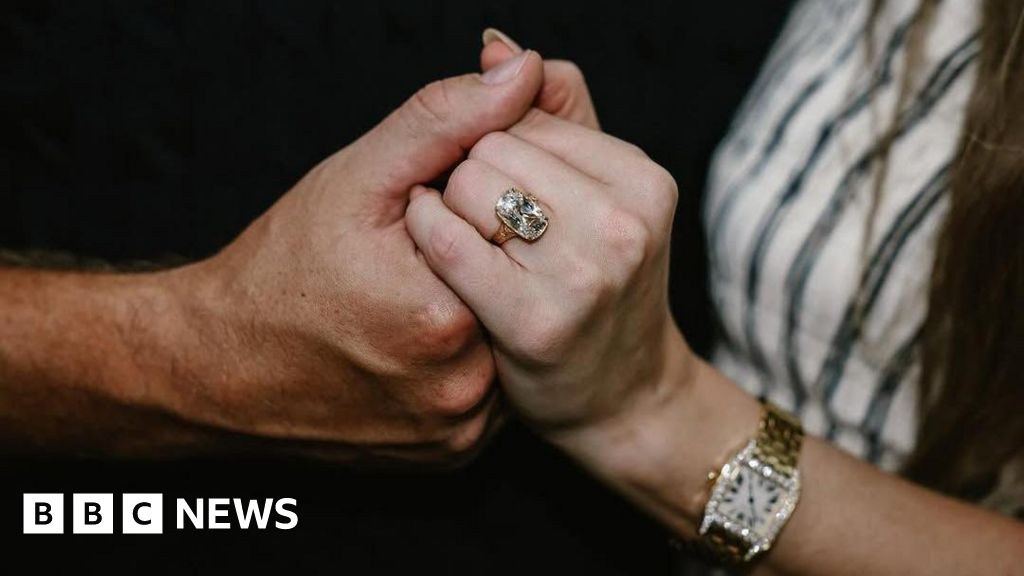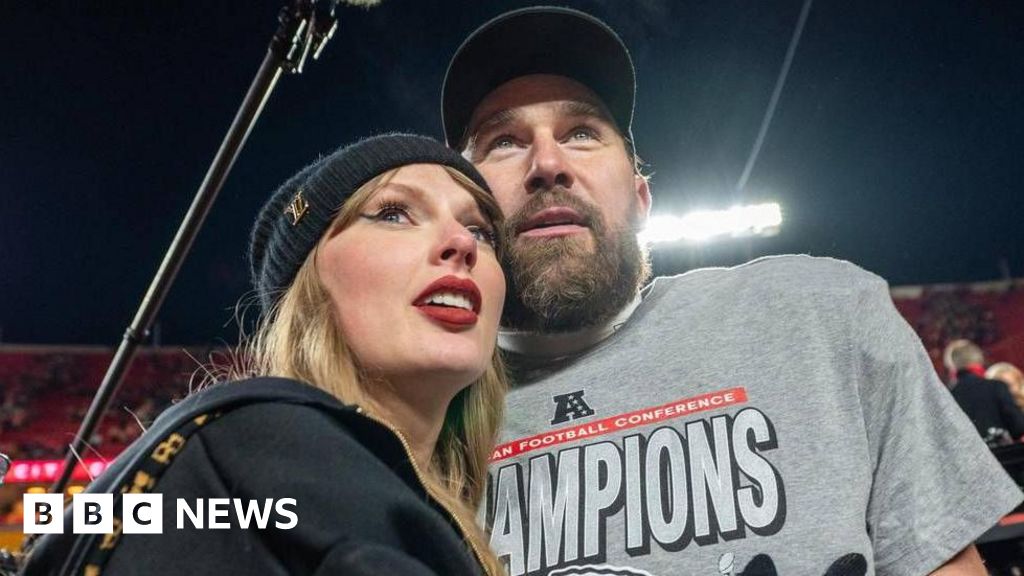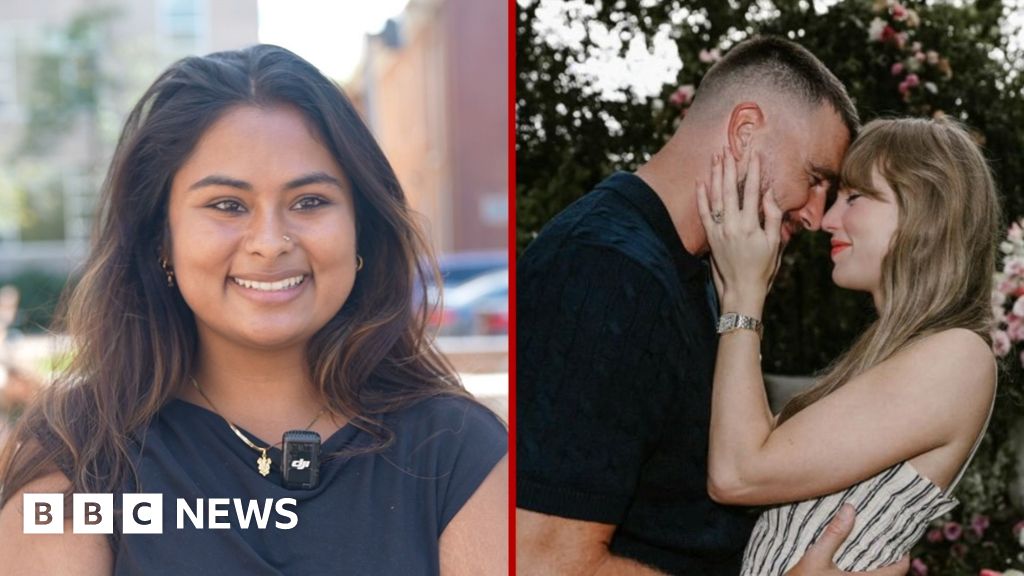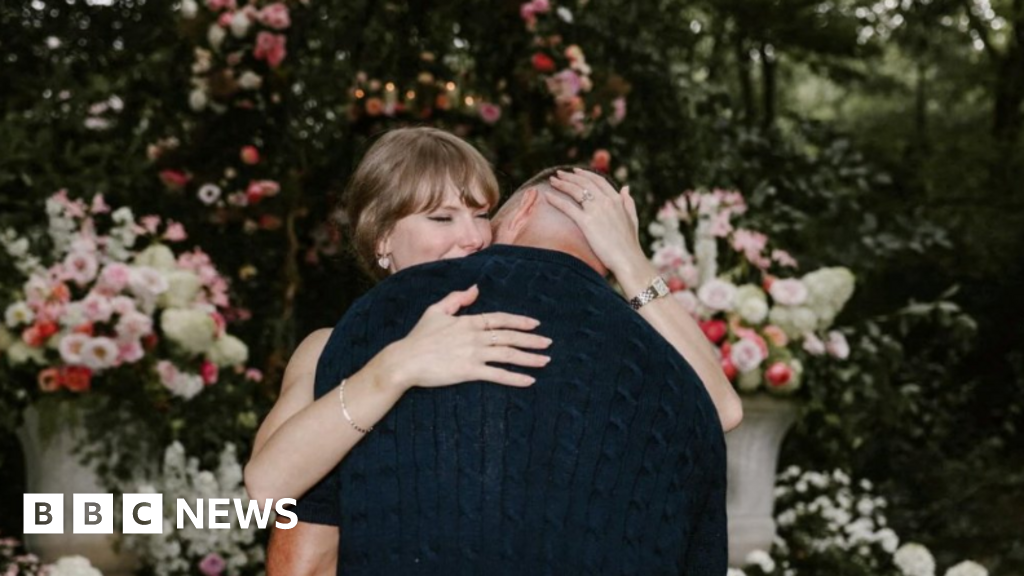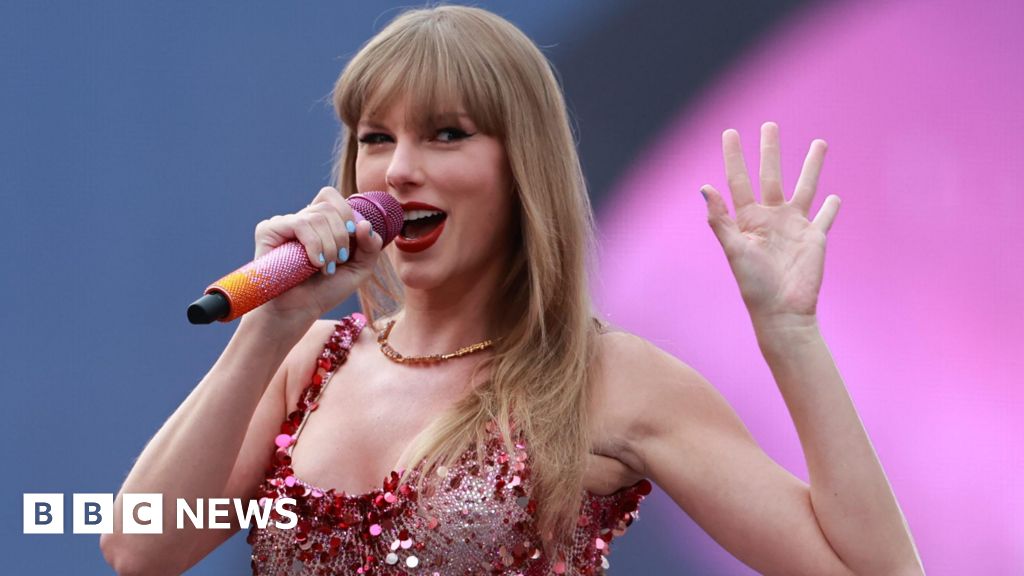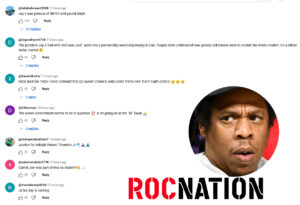Taylor Swift has announced that she has successfully purchased back the rights to her first six albums, concluding a lengthy dispute over ownership that began in 2019. In a heartfelt message posted on her website, Swift expressed overwhelming joy: "All of the music I've ever made now belongs to me." The fight started after music manager Scooter Braun acquired her former label Big Machine, which included Swift's earlier works such as Taylor Swift, Fearless, and 1989.
Swift's grievances stemmed from her personal backlash against Braun, whom she accused of being complicit in years of bullying from fellow artist Kanye West. Reflecting on the emotional toll of the situation, Swift stated that reclaiming her music felt unimaginable for a long time, adding, "I can't thank you enough for helping to reunite me with this art that I have dedicated my life to, but have never owned until now."
In retaliation to the initial sale of her masters, Swift vowed to re-record these albums to dilute the value of the original copies. Since then, she has released four "Taylor's Versions" of her albums with additional tracks. However, she disclosed in her recent letter that the re-recording of Reputation has faced delays. While she previewed a new version of the single "Look What You Made Me Do," the complete project may be postponed or even scrapped. Yet, Swift remains hopeful about releasing future vault tracks.
Swift took ownership of the original recordings, which allows her to control how the music is used across media platforms, including films and commercials. Though the acquisition cost remains undisclosed, the previous sale of the catalogue sold for an estimated $300 million in 2020. During the acquisition saga, Swift lamented the lack of opportunity to buy her music before it was sold to Braun.
Following Braun's sale of his stake in Swift's music to Shamrock Holdings in late 2020, Swift's feelings of betrayal deepened. Nevertheless, she found empowerment in her struggles, noting that her fight for ownership has inspired other artists to negotiate for their master recordings in their contracts.
Through her journey back to ownership, Swift not only made headlines but also redefined the conversation around artist rights within the music industry. She attributed her success in regaining her music to her massively successful Eras Tour, which grossed over $2 billion, and called the support from her fans critical to reclaiming her artistic legacy.
Swift's grievances stemmed from her personal backlash against Braun, whom she accused of being complicit in years of bullying from fellow artist Kanye West. Reflecting on the emotional toll of the situation, Swift stated that reclaiming her music felt unimaginable for a long time, adding, "I can't thank you enough for helping to reunite me with this art that I have dedicated my life to, but have never owned until now."
In retaliation to the initial sale of her masters, Swift vowed to re-record these albums to dilute the value of the original copies. Since then, she has released four "Taylor's Versions" of her albums with additional tracks. However, she disclosed in her recent letter that the re-recording of Reputation has faced delays. While she previewed a new version of the single "Look What You Made Me Do," the complete project may be postponed or even scrapped. Yet, Swift remains hopeful about releasing future vault tracks.
Swift took ownership of the original recordings, which allows her to control how the music is used across media platforms, including films and commercials. Though the acquisition cost remains undisclosed, the previous sale of the catalogue sold for an estimated $300 million in 2020. During the acquisition saga, Swift lamented the lack of opportunity to buy her music before it was sold to Braun.
Following Braun's sale of his stake in Swift's music to Shamrock Holdings in late 2020, Swift's feelings of betrayal deepened. Nevertheless, she found empowerment in her struggles, noting that her fight for ownership has inspired other artists to negotiate for their master recordings in their contracts.
Through her journey back to ownership, Swift not only made headlines but also redefined the conversation around artist rights within the music industry. She attributed her success in regaining her music to her massively successful Eras Tour, which grossed over $2 billion, and called the support from her fans critical to reclaiming her artistic legacy.










